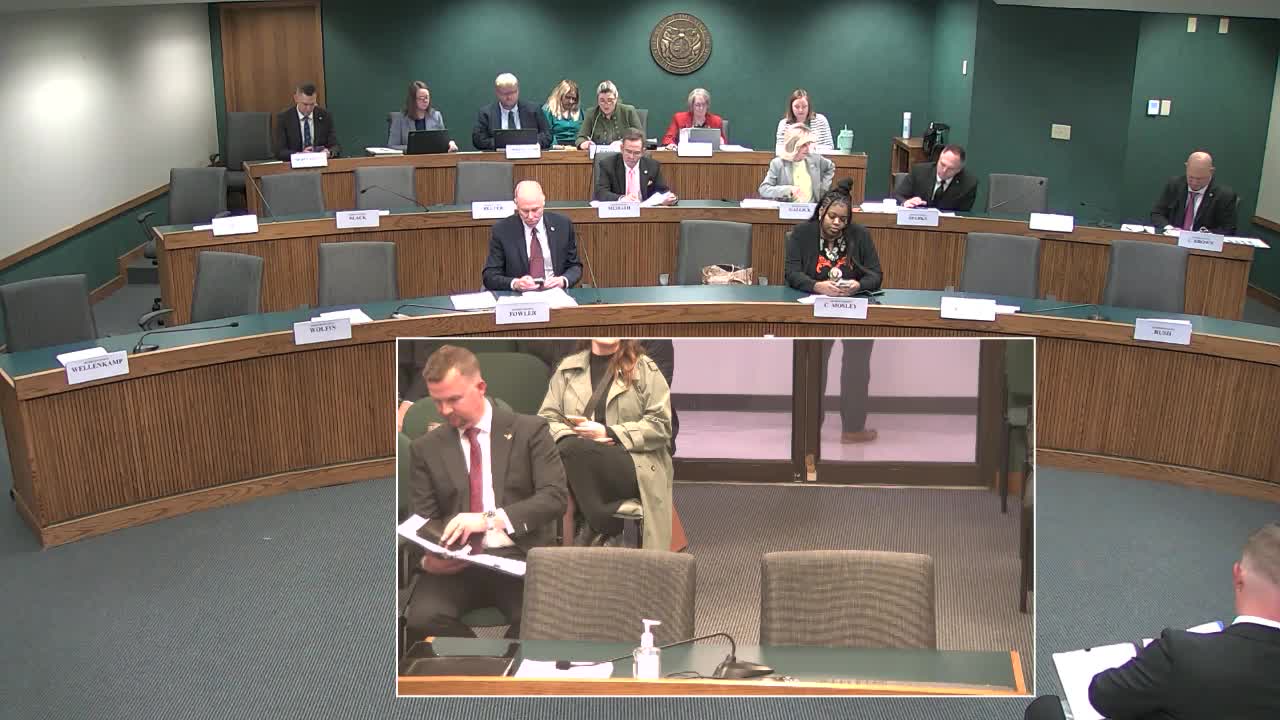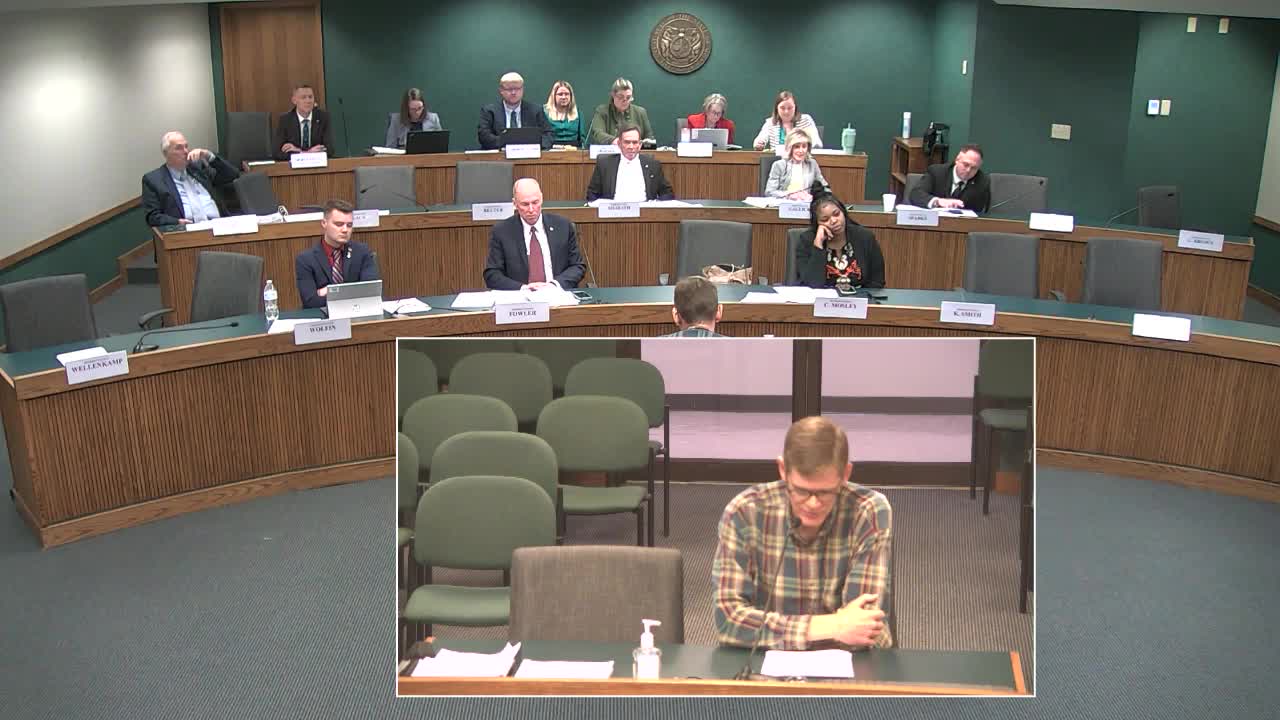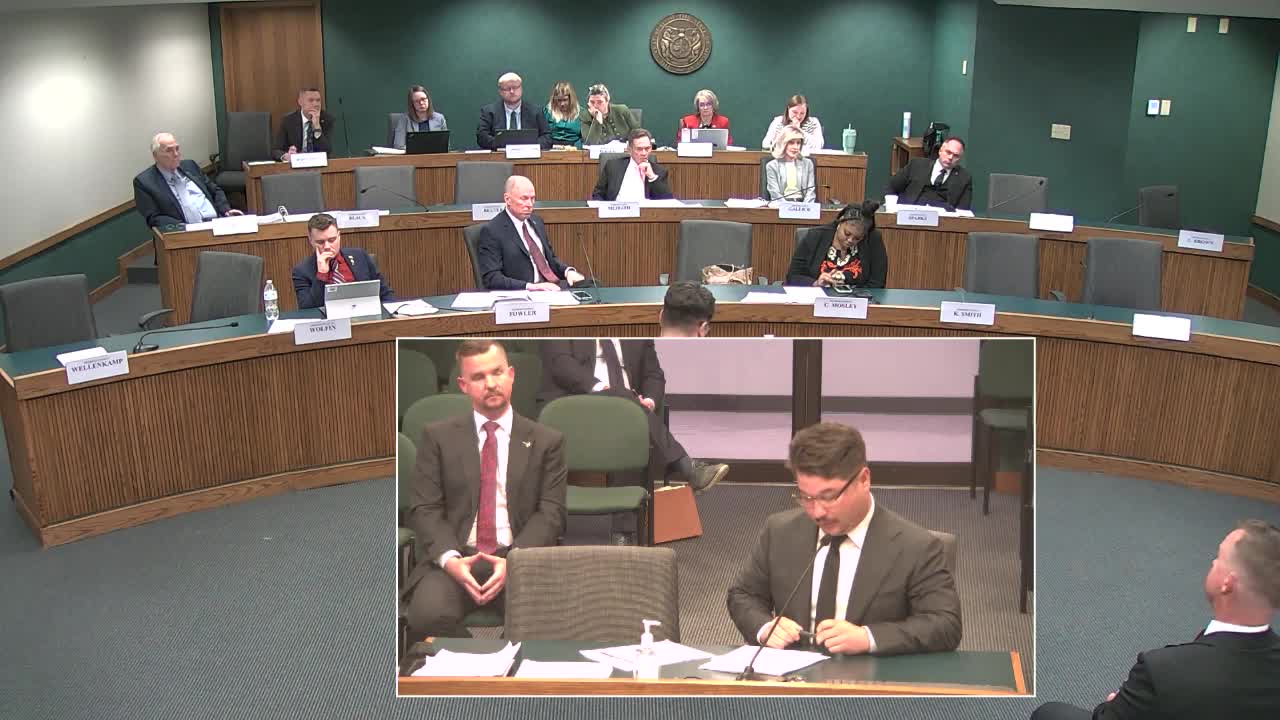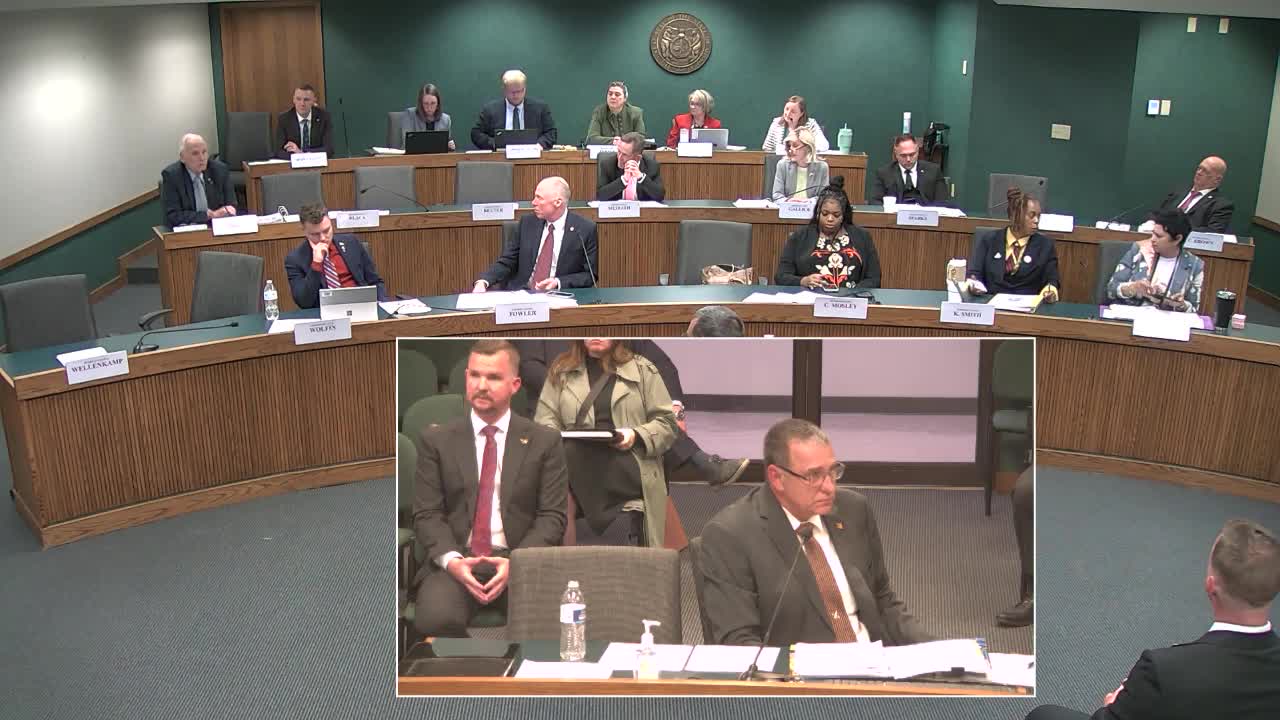Article not found
This article is no longer available. But don't worry—we've gathered other articles that discuss the same topic.

Missouri committee hears bill to limit foreign ownership of state land

Missouri bill would foster blockchain use, bar local tax penalties on digital payments

Proposal to create Missouri Bitcoin reserve draws support and opposition at hearing

